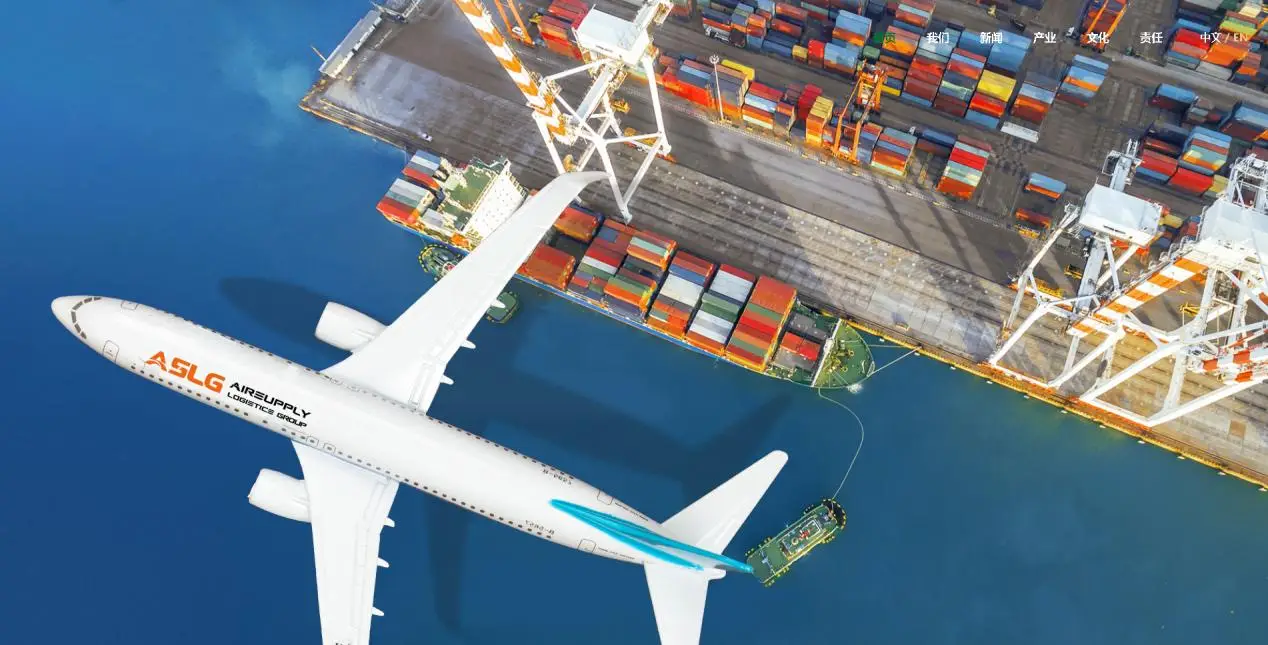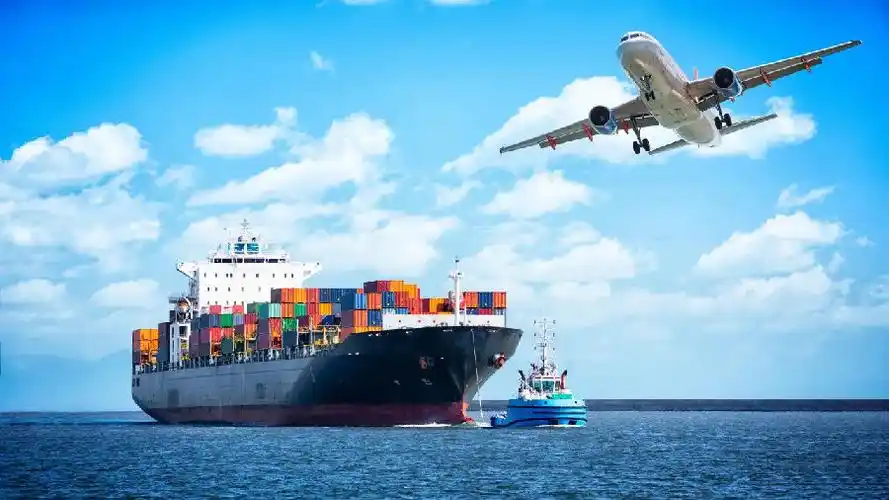The Meaning Of FAK In International Trade
FAK (Freight All Kinds) is a freight term in the logistics industry. This mode of transport is very common in container freight and is suitable for a large number of shippers and types of goods. This article will introduce the application of FAK in international shipping in detail.
Maybe it helps you: The 11 common international trade logistics terms
What is FAK
FAK, or “Freight All Kinds”, is a widely used billing and service method in the freight forwarding industry. Different types of goods are transported at a uniform rate. FAK mainly serves logistics companies, freight forwarders, and import and export traders. It is convenient for freight forwarders or carriers to transport different types of goods in one container, simplifying the calculation of transportation costs.
Definition: FAK is a freight term used to simplify freight classification and reduce the complex freight structure caused by different types, values and risks of goods.
Advantages and Benefits of FAK
Using FAK pricing can provide several benefits to your business:
- Flexible operation: Freight forwarding companies can transport different types of goods together to improve loading and utilization rates. It can better meet customer needs and provide more competitive prices.
- Uniform rate: The use of a unified rate calculation method simplifies the complexity of cost negotiations and rate calculations. It provides convenience and transparency to customers and reduces the generation of additional costs.
- Cost savings: By allowing multiple goods to share a transportation service and fee, transportation costs can be managed more effectively. Reduced empty load rate helps reduce carbon emissions and promote sustainable development.
- Improved transportation efficiency: Freight forwarding companies can quickly arrange cargo transportation and reduce container empty load rate. Shorten transportation time to ensure that goods arrive at the destination on time.
- Reduce costs: By using FAK services, freight forwarding companies can achieve optimized cargo combinations, thereby reducing transportation costs.
- Improve customer satisfaction: Provide more competitive prices and more efficient transportation solutions to enhance customer satisfaction and establish long-term cooperative relationships.
Scope of Application of FAK
Transport of various types of goods
FAK is suitable for shippers who need to transport different types of goods, especially in container transportation, FAK can charge a unified fee, such as retail, auto parts industry, FAK service helps them better manage the transportation of these goods and ensure safe and timely delivery
LCL and FCL shipping
In LCL and FCL transportation, different goods can be assembled and transported in one container, while FAK provides a simplified charging method
International sea Freight and air Freight
FAK is widely used in international logistics, especially sea and air transportation, and is suitable for shippers who need to transport to multiple countries and regions.
Shipping density-based freight
If you ship density-based products, you can negotiate a better FAK rate. Flat rates help you avoid paying more for high-density items.
Difference Between FAK and Traditional Freight
Some differences between FAK pricing and normal charges:
Billing method
- Traditional freight: Traditional freight is usually charged differently according to the type, weight, volume, value, etc. of the goods. Each type of cargo will have a different freight rate, which is complex and difficult to manage.
- FAK: FAK sets a unified freight rate for all types of cargo in a “flat-rate” manner, simplifying the classification and billing process.
Transportation flexibility
- Traditional freight: is more sensitive to the relationship between cargo type and freight rate, and different cargoes need to be priced separately.
- FAK: provides greater transportation flexibility, allowing different types of cargo to be transported together without separate pricing.
Operational efficiency
- Traditional freight: takes a long time to classify and bill cargo.
- FAK: reduces such complexity and improves the efficiency of loading and unloading and transportation management.
FAK Operation Process
Signing FAK agreement
The cargo owner signs a FAK agreement with the carrier or logistics company to agree on applicable freight terms, fee standards and transportation conditions.
Cargo combination and management
The freight forwarding company combines different types of goods according to customer needs and cargo characteristics. Ensure that the goods do not interfere with each other or cause damage during transportation.
Freight rate confirmation
The freight forwarder or carrier charges the goods according to the unified freight rate in the FAK agreement, without calculating the cost of different goods one by one.
Shipping Arrangements and Tracking
The freight forwarding company arranges the transportation of goods to ensure that the goods arrive at the destination on time. Use a powerful information system to track and manage different types of goods to improve the supply chain
Arrival at destination and customs clearance
After the goods arrive at the destination, the cargo owner clears customs and picks up the goods according to the unified fee agreed by the FAK.
FAK Cost Structure and Calculation Method
Cost structure
- Basic rate: The basic freight rate of FAK is usually calculated uniformly based on the container or total cargo weight/volume.
- Additional charges: Such as port charges, fuel surcharges, security surcharges, etc., are usually appropriately charged according to specific routes, cargo types, etc.
- Customs clearance fees: FAK’s customs clearance fees are generally relatively uniform, and different goods are cleared under a unified freight rate.
Calculation method
- Charging by weight or volume: FAK rates are generally calculated uniformly based on the total weight (such as per ton) or volume (such as per cubic meter) of the goods. If it is a full container load (FCL), it is usually quoted by full container.
- Charging by voyage: Different routes may have different FAK rate standards, and the prices between intercontinental routes and regional routes may be slightly different.
- Comprehensive FAK rate: Some logistics companies will provide a comprehensive FAK rate, including basic freight, fuel surcharges, security fees, etc., which simplifies the overall cost structure.
Problems Encountered by FAK
Although FAK brings flexibility and simplicity to the freight industry, in actual operation, it may also face the following problems:
- Unclear cargo classification: If the type of cargo is not within the scope of FAK or the characteristics of the cargo are complex, the transport company may refuse to use FAK pricing.
- Fairness of freight calculation: Using a uniform freight rate may lead to unfair transportation of certain types of cargo. For example, heavier or larger cargo may take up more space but pay the same freight.
- Limited scope of application: Not all cargo is applicable to FAK pricing. For example, perishables, dangerous goods, valuables or special cargo usually require separate transportation fee calculation. This may result in customers not being able to enjoy the benefits brought by FAK for some cargoes
- Freight transparency: The FAK pricing model may not be as transparent as item-by-item pricing. This model may make it difficult for customers to evaluate the cost-effectiveness of different transportation options, especially in large freight orders.
- Transportation space utilization: In the case of a variety of cargo types, the different sizes, shapes and weights of cargo may result in the transportation space not being optimally utilized, which in turn affects the cost-effectiveness of freight.
Learn more:
Understanding the CPT Incoterm: A Detailed Guide for International Trade
Understanding the FCA Incoterm: A Detailed Guide for International Trade
How is the Terminal Handling Charge (THC) calculated?
Presou DDP 8.0: Comprehensive One-Stop Solution for Shipping from China
What Do ETA, ETD, ATD And ATA Mean In International Trade?
FAK is an effective way to simplify the cost of transporting goods, reducing the classification and individual billing process of different types of goods through a flat rate. Mastering FAK can bring significant operational advantages to cargo owners in the logistics supply chain.
 English
English 简体中文
简体中文 繁體中文
繁體中文 Afrikaans
Afrikaans አማርኛ
አማርኛ Español
Español العربية
العربية Français
Français Dansk
Dansk Български
Български Беларуская мова
Беларуская мова বাংলা
বাংলা Português
Português Русский
Русский Afsoomaali
Afsoomaali فارسی
فارسی Türkçe
Türkçe كوردی
كوردی Deutsch
Deutsch 日本語
日本語 ไทย
ไทย Tiếng Việt
Tiếng Việt Italiano
Italiano עִבְרִית
עִבְרִית 한국어
한국어 Română
Română Nederlands
Nederlands Bahasa Indonesia
Bahasa Indonesia Shona
Shona



